Healing Guilt, Shame and Insecurity
Excerpt from the international bestseller You Were Not Born To Suffer
by Blake D. Bauer
“It is no measure of health to be well adjusted to a profoundly sick society. “
Jiddu Krishnamurti
Do you constantly make yourself wrong for feeling the way you feel or for desiring the things you desire in life? Do you find yourself feeling guilty after you express your emotions or after doing something just for yourself that’s not about pleasing someone else? Do you constantly fear hurting others when making a choice that’s best for you, but then find that you stop yourself and hurt yourself instead? If you answered yes to any of these questions, then you’re just like me and most people on the planet who suffer with deep guilt whereby we not only feel that we are a problem – that our mere existence is a burden – but also that we are somehow wrong, bad or sinful for wanting to be happy, well and truly loved.
Is the fact that we’re surviving really enough? Should we just accept that it’s ‘normal’ to live in fear, with deep insecurity, shame and anxiety? Is asking to thrive, to achieve your dreams, to feel completely satisfied in your intimate relationship, or to realize your full potential personally and professionally, really too much to ask? My personal view is that you and I did not come here just to survive or to settle for crumbs of happiness, peace, health or love. Rather, we’re all destined to learn how to value ourselves enough not to settle for less than a whole loaf in each area. It is not wrong to want to enjoy our life, our relationships and our body. It is not wrong to desire fulfilling work that has meaning, but which also pays the bills, puts food on the table and eventually provides the financial freedom for us never to feel trapped somewhere we don’t want to be.
I have found that there is a golden thread to much of our suffering, which once understood helps us to heal the origin of insecurity, fear, guilt and shame. The root cause of these emotions that so many of us battle with daily goes back to our conception, our time in our mother’s womb and our early childhood. Please think back to what life might have been like for your mother and father when they made love, or had sex, and thus created you. Do you think your parents were deeply self-aware, emotionally or financially stable, happy in themselves, masterful at loving themselves, or truly satisfied in their intimate relationship? It has become very obvious to me, having worked with thousands of people in all phases of life, that most people are stressed, spread thin, confused, scared, or do not know who they are, to varying degrees of course, when they bring a life into the world.
While some individuals are attuned to their internal conflicts, others excel in suppressing their emotions, maintaining an outward appearance of normalcy despite substantial inner discord. This consideration becomes pertinent when acknowledging that, during gestation, we are not only recipients of the nutritional intake of our mothers but also the inheritors of their mental and emotional states. A mother’s feelings of security or anxiety, clarity or confusion, can imprint on us, shaping our disposition from birth. Similarly, the emotional and psychological state of our biological father during conception, our birth, and formative years exerts influence on our inner world—his fears or his confidence, his presence or absence, are all felt by us.
The prevalence of feelings among parents that raising children is a source of stress, sacrifice, or burden reveals a broader human tendency toward self-centeredness. This silent acknowledgment is something we intuitively perceive as we grow, interwoven with other unvoiced truths that may later manifest as suffering. It is not to cast aspersions on our parents or on our own feelings as parents but to bring into focus a contributing factor to our life’s challenges—a factor that must be understood and addressed for genuine well-being.
Reflecting on your childhood and the dynamics with your parents can reveal a longstanding sentiment of being a burden. Many may recall their needs and dreams being dismissed or reprimanded, not out of malice but as part of a complex relational dynamic. Even in a loving environment, there may have been a learned behavior to conform to parental expectations at the expense of one’s own feelings, leading to an internalized sense of insecurity, guilt, or shame.
Understanding the roots of a deep-seated sense of insecurity and unworthiness can be transformative, especially for those who felt like an inconvenience or were overtly neglected. This subconscious belief that our very existence is a guilt-ridden burden is intricately linked to our capacity for desire and aspiration. It is in this formative context that we learn to conceal our authentic selves for fear of abandonment or censure. This formative conditioning often sets the stage for the types of relationships we seek as adults, driving us toward familiar patterns, even when they may be detrimental.
Recognizing this pattern is crucial for breaking the cycle of seeking validation in potentially harmful ways. It allows us to question the learned behaviors and emotional dependencies formed early in life, paving the way for healthier relationships and self-perception in adulthood.
If you are starving for love, and you’re only getting crumbs, naturally you’re going to become very scared of losing the small amount of nourishment coming your way. Further, until you know better, you will do whatever it takes to keep those crumbs. Because we depend on our parents or our caregivers as vulnerable children – regardless of how healthy or unhealthy they were – we learn to avoid saying or doing things that might cause them to withdraw the typically small amounts of love and support we’re receiving. Then there are some of us who simply didn’t want to be verbally, physically or sexually abused, so we shut down to keep the little peace we might have found. Although we cannot articulate it, this is also where we learned to feel we don’t matter or have any value – especially when our adult caregivers were insensitive, stressed, aggressive or completely absent. First, we don’t learn how to understand or express our feelings, and then, second, we learn to deny these inner truths simply to get by, which becomes a very self-destructive habit that now defines the life of many of us as adults. We are unintentionally made wrong by our parents, caregivers or teachers early on, and then we learn to make ourselves wrong for feeling what we feel, for needing what we need, for wanting what we want, or for dreaming what we imagine.
Since our parents had us for selfish reasons, the logical and objective truth is that most of them had no idea what raising children would require, nor were they ready for the responsibility. Having a family, putting food on the table, maintaining a healthy partnership, and finding some peace and happiness is not easy for anyone. It is stressful. But even so, practically speaking, it’s important to understand that this is directly related to how, where and why so many of us developed an unhealthy relationship to ourselves in which we make ourselves wrong in exchange for the unhealthy and conditional love, approval, acceptance or support of others. It is a self-destructive pattern that our parents learned from their parents and it is tied up with all the insecurity, guilt, shame and fear that has been passed down genetically, emotionally and habitually for generations.
In my professional experience, and also as a man who has personally struggled to heal my own deep insecurities, I’ve found that understanding this dynamic is the one thread to uprooting the source of insecurity, guilt, shame and also physical disease. As children we didn’t know how to give ourselves permission to be true to ourselves in every situation, but now we can master this. As adults it’s very common to fear being rejected and abandoned because we subconsciously feared being rejected as children. From the very beginning of life we learned to choose between our own happiness and pleasing others. It seemed we could not have both. We all learned to fear hurting others, so we hurt ourselves instead. We learned to fear saying no to others, so now we neglect ourselves. Understanding this deep block that keeps so many of us stuck, miserable or sick is key to overcoming it because once we’re truly aware of this dynamic we can never forget it completely. This reality is not anyone’s fault, but rather something we need to be mindful of now if we want to break the self-destructive cycle and stop settling for crumbs of love, health, happiness and respect.
About Blake D. Bauer



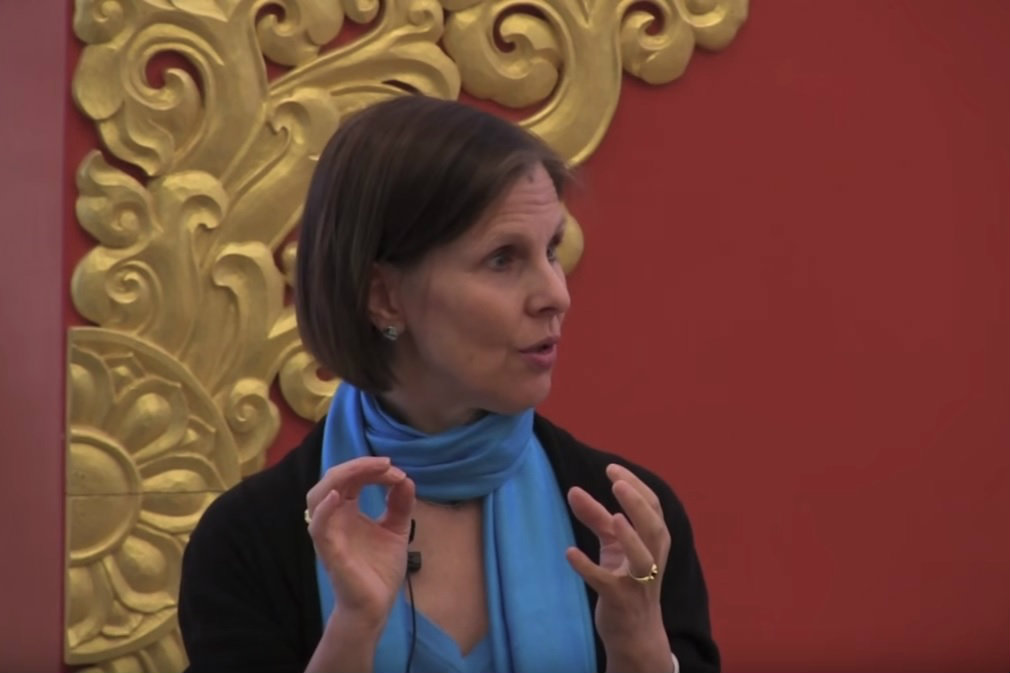

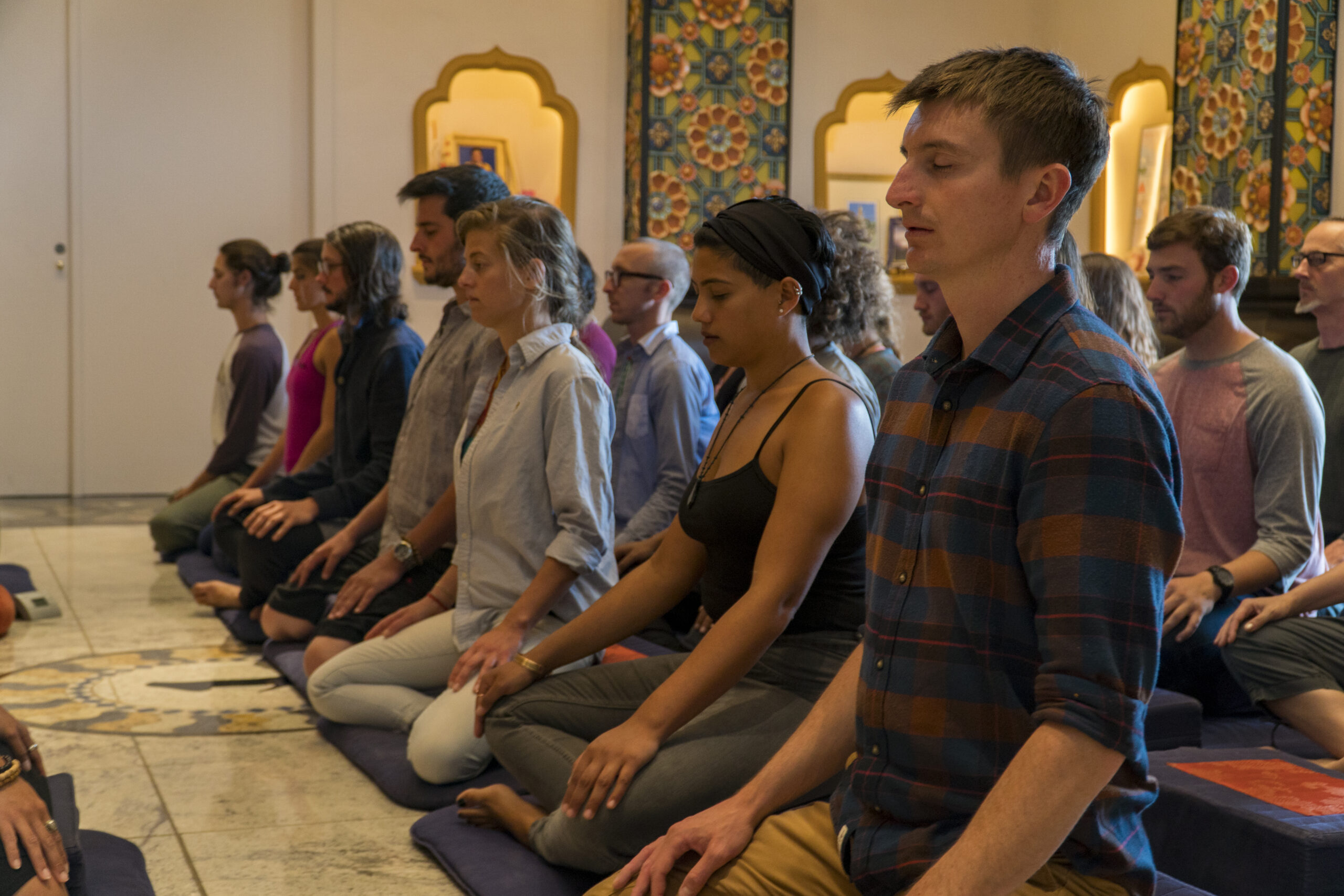
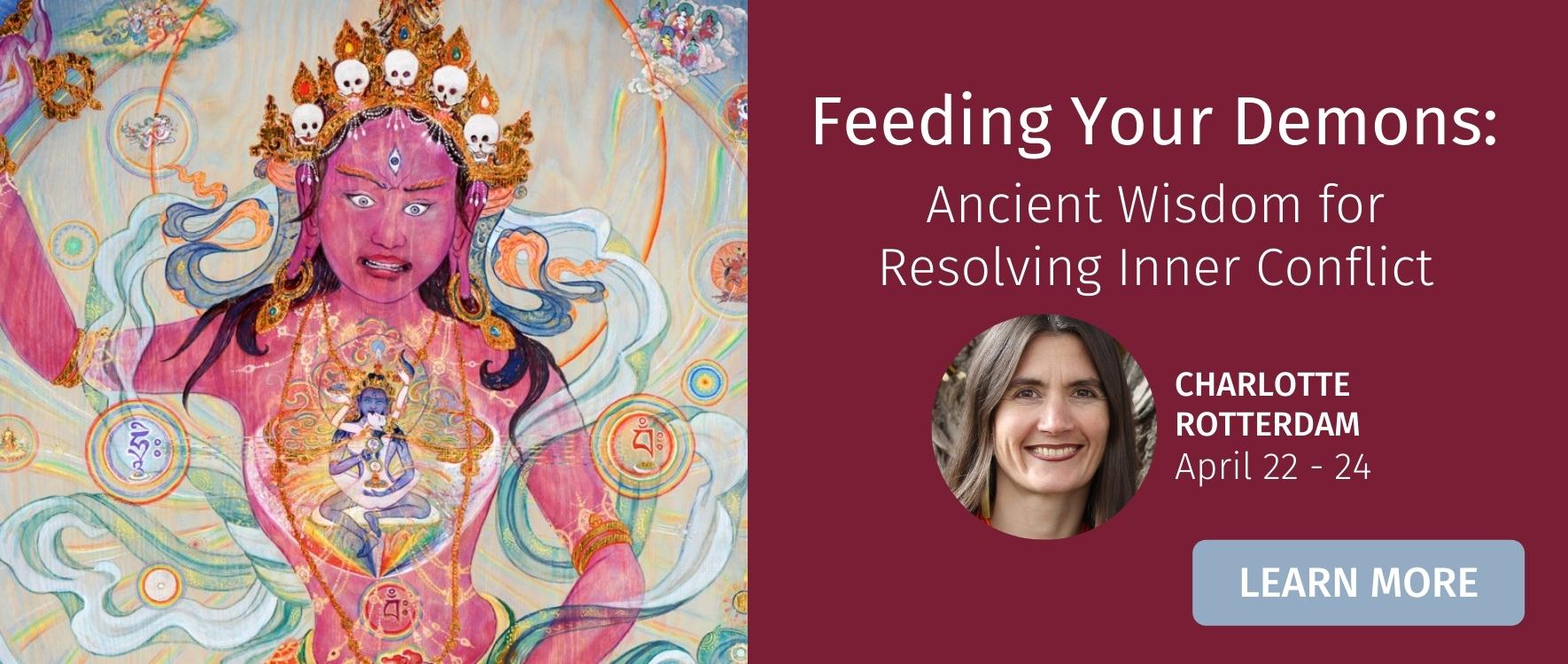
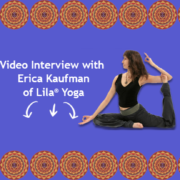
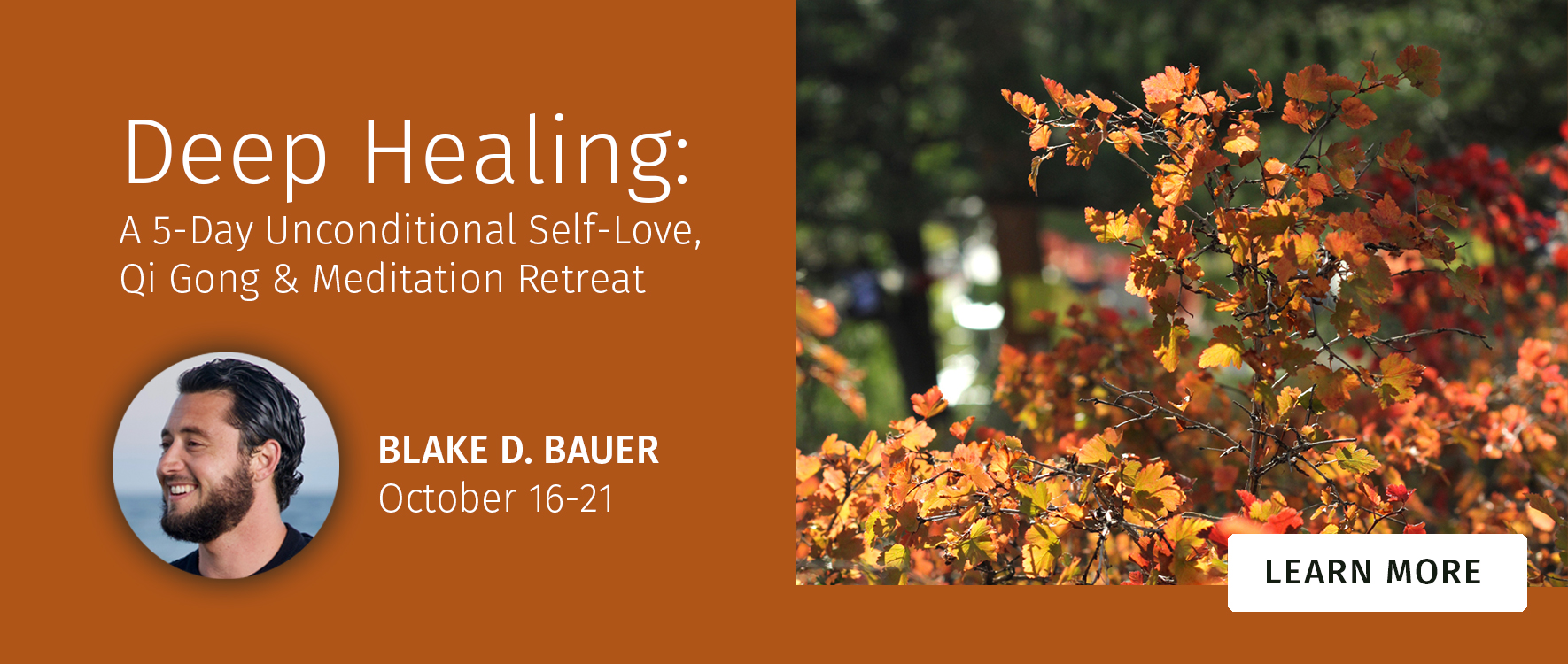
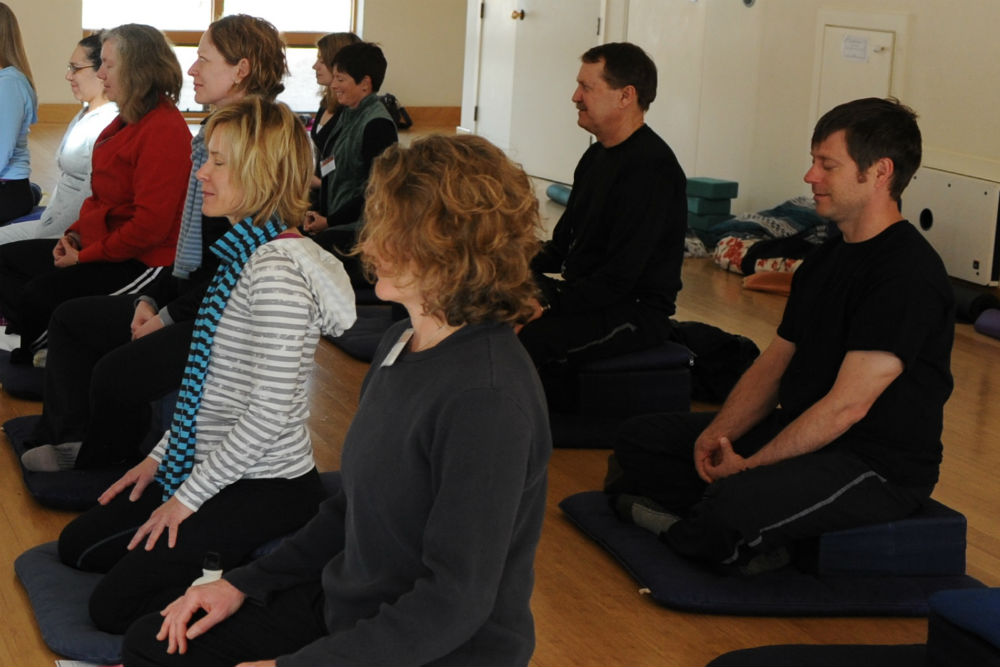
My avoidance of social interaction with and even simple smiles at apparently interested females, especially during my youth and early adulthood, was undoubtedly misperceived as snobbery. The very bitter irony was that I, while clearly finding most of those females attractive, was actually feeling the opposite of conceit or even healthy self-image and -esteem. …
In his informative book SHAME: Free Yourself, Find Joy and Build True Self-Esteem [pgs. 47-48] — which involves the various forms/degrees of shame, including the especially emotionally/mentally crippling life curse known as “core shame” — Dr. Joseph Burgo writes:
“When brain development goes awry, the baby senses on the deepest level of his being that something is terribly wrong — with his world and with himself. As the psychoanalyst James Grotstein has described it, ‘These damaged children seem to sense that there is something neurodevelopmentally wrong with them, and they feel a deep sense of shame about themselves as a result.’
“Throughout my work I have referred to this experience as ‘core shame.’ It is both intense and global. Under conditions that depart widely from the norm, shame also becomes structural, an integral part of developing child’s felt self. Rather than feeling beautiful and worthy of love, these children come to feel defective, ugly, broken, and unlovable.”
I exist daily with a formidable combination of adverse childhood experience trauma, autism spectrum disorder and high sensitivity, the ACE trauma in large part being due to my ASD and high sensitivity. [I self-deprecatingly refer to it as my perfect storm of train wrecks.]
Coexisting with and seriously complicating this vicious combination is the abovementioned “core shame”.
While my father had an ASD about which he wasn’t formally aware, I believe that my mother had suffered a nervous breakdowns and perhaps even postpartum depression around the time I was born. If so, it likely would have excluded shared/joyful interaction with me as an infant.
It all would help explain why I have always felt oddly uncomfortable sharing my accomplishments with others, including those closest to me. And maybe explain my otherwise inexplicable almost-painful inability to accept compliments, which I had always attributed to extreme modesty.
Dr. Burgo’s “core shame” concept could help explain why I’ve also inexplicably yet consistently felt unlovable. Largely due to ASD traits that rubbed against the grain of social normality thus clearly unappreciated by others, my unlikability was for me confirmed.
While I don’t know the precise/entire cause-and-effect of my chronic anxiety and clinical depression, my daily cerebral turmoil mostly consists of a formidable combination of adverse childhood experience trauma, autism spectrum disorder and high sensitivity, with the ACE trauma in large part the result of my ASD and high sensitivity. I self-deprecatingly refer to it as my perfect storm of train wrecks.
More recently, I’ve discovered yet another and perhaps even more consequential coexistent psychological condition — “core shame” — that’s seriously complicating an already bad and borderline bearable cerebral-disorder combination.
A core shame diagnosis would help explain why, among its other debilitating traits, I’ve always felt oddly uncomfortable sharing my accomplishments with others, including those closest to me. And maybe explain my otherwise inexplicable almost-painful inability to accept compliments, which I had always attributed to extreme modesty.
It would also help explain why I have consistently felt unlovable. Largely due to ASD traits that rubbed against the grain of social normality thus were clearly unappreciated by others, my unlikability was for me confirmed. My avoidance of social interaction and even simple smiles at seemingly-interested females was undoubtedly misperceived as snobbery. The bitter irony was that I was actually feeling the opposite of conceit or even healthy self-image/-esteem. …
Such coexistent conditions, or multiple-train-wreck perfect storms, are real and cause great suffering. ACE abuse thus trauma, for example, is often inflicted upon ASD and/or highly sensitive children and teens by their normal or ‘neurotypical’ peers — thus resulting in immense and even debilitating self-hatred and shame — so why not at least acknowledge that consequential fact in a meaningfully constructive way?
Therefore, it would be very helpful to people like me to have books written about such or similar coexistent cerebrally-based conditions. … As it currently is, The Autistic Brain fails to mention the real potential for additional challenges created by an autism spectrum disorder coexisting with thus exacerbated by high sensitivity and/or adverse childhood experience trauma.
The book Childhood Disrupted: How Your Biography Becomes Your Biology and How You Can Heal, on adverse childhood experience trauma, fails to mention high sensitivity or ASD. That was followed by The Highly Sensitive Man, with no mention of ASD or ACE trauma.
Lastly, Dr. Joseph Burgo’s book Shame: Free Yourself, Find Joy and Build True Self-Esteem — on the various forms/degrees of shame, including the especially emotionally/mentally crippling “core shame” life curse — is quite revelatory. It, however, mentions little or nothing about ASD, ACE trauma or high sensitivity, let alone includes any of them as potentially complicating conditions that can coexistent with and even be exacerbated by core shame.